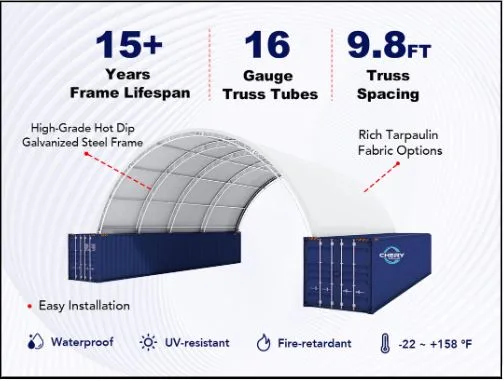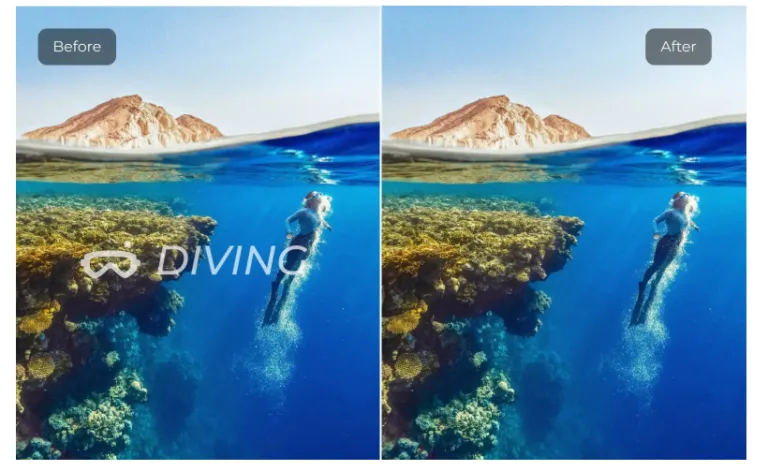Why Your Local Business Still Isn’t Ranking on Google & Who Can Fix It?
You’ve claimed your Google Business Profile. You’ve made a decent website. Maybe you even ran a few ads or asked a cousin to do some SEO.
Yet… you’re still invisible on Google.
If you run a local business: a restaurant, dental office, home repair service, or boutique shop — showing up in search results should be bringing you customers. But what happens when it doesn’t?
This article breaks down why your local SEO may be underperforming and what an SEO specialist can actually do to fix it.
You’re Not Ranking — But Why?
Here are some of the most common reasons small businesses don’t appear (or rank low) on Google, even after they’ve done everything.
1. You’re Targeting the Wrong Keywords
Let’s say you’re a plumber. Your website headline says:
“Serving clients with pride since 2003.”
That’s great for trust, but Google doesn’t know who to send to you. There’s no mention of “emergency plumber,” “pipe repair,” or “drain cleaning near me.”
Local SEO needs keywords with intent. The words your customers actually type — not what sounds fancy.
2. Your Google Business Profile Isn’t Optimized
You’ve claimed the listing, but did you:
- Add service areas?
- Upload photos?
- Get reviews?
- Write a description with keywords?
Many businesses “set it and forget it,” which leaves them behind competitors who actively update their profiles.
Looking for clear, actionable tips on how to grow your business online?
Visit Datnera — a digital marketing blog built for small business owners who want results, not buzzwords.
3. Google Doesn’t Trust Your Website (Yet)
Google ranks authority. If your site is brand new, has no backlinks, loads slowly, or has thin content. It’s not going to show up, no matter how good your services are.
This is where SEO becomes technical and where specialists make a difference.
What Does an SEO Specialist Actually Do?
You might think SEO is all about adding keywords but that’s just the surface. A good SEO expert does much more.
If you want a full breakdown, check out this article Who is an SEO Specialist.
But here’s the quick version:
- Technical Fixes: making sure your site is crawlable, fast, and mobile-friendly
- Content Strategy: building pages that answer real questions your customers ask
- Local SEO Optimization: Google Maps ranking, citations, and business directories
- Backlinks: getting other sites to link to yours, to build authority
- Analytics: tracking what works, and where to improve
Most importantly: they connect the dots between traffic and real leads.
DIY Efforts Are Not Always Enough
If you’ve already “tried SEO” and didn’t get results. It may not be because SEO doesn’t work. It’s often because:
- Efforts were scattered (a little blog post here, a Google ad there)
- The strategy was too general
- Expectations were unrealistic (SEO takes time!)
- There was no plan to convert traffic into customers
Running a business already takes enough of your time. SEO is a long game and unless you love learning algorithms in your spare time, handing it to a pro may be your best move.
Simple Steps to Start Improving
Before you jump into hiring anyone, ask yourself:
- When you Google your business name — do you even show up?
- Do you rank for your main service + city (e.g., “AC repair Tampa”)?
- Does your website explain what you do in the first 5 seconds?
If the answer is “no” or “not sure” — you know where to start.
Want Real SEO Advice, Without the Fluff?
You don’t need to become an SEO expert yourself, but it helps to understand the basics so you know what to ask and what to expect.
For simple, honest insights into SEO and digital marketing, check out Datnera — a platform that helps business owners cut through the noise and focus on what actually works.
Whether you’re just launching your site or trying to recover from bad SEO, it’s a good place to ground your strategy.
Final Thought
Showing up on Google isn’t about tricks — it’s about building trust, solving real problems, and making it easy for customers to find and choose you.
SEO isn’t dead. It’s just smarter now. And if your business is serious about growing online — you can’t afford to ignore it.






